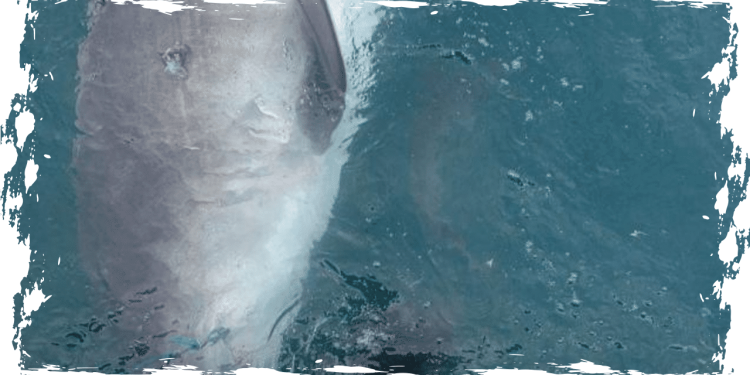During an ocean research trip, Australian scientists were left astonished when a tiger shark regurgitated a spiky echidna in front of them.
On Thursday, he expressed his shock at what they had witnessed, admitting that they were clueless about the situation. Upon seeing the object being ejected, he immediately exclaimed, “What the hell is that?”
In May 2022, Lubitz reported that the echidna found in the shark’s stomach was intact when it was regurgitated. This led scientists to believe that the shark had consumed the echidna only recently.
Australia and New Guinea are home to the unique egg-laying mammals known as echidnas. These creatures have spines that protrude from their bodies and use a beak-like snout to consume ants. During the breeding season, echidnas have a peculiar habit of forming a “train” consisting of up to 10 male echidnas who follow a female echidna with the hope of becoming her mate, according to WWF.
The number of these animals present in the wild remains unknown.
According to Lubitz, tiger sharks have a reputation for being opportunistic eaters and will consume almost anything that crosses their path. In fact, he recalled watching videos of these sharks ingesting rocks without any apparent reason. Therefore, Lubitz speculated that the echidna might have simply caused discomfort in the shark’s throat, leading to its regurgitation.
After indulging in its spiky meal, the tiger shark emerged unscathed. The experts then equipped the creature with an acoustic tracker and safely released it back into the water.
During the research project spanning from 2020 to 2023, scientists equipped 812 fish, rays, and sharks with 10-year trackers to gain insights into their movement and behavior.
Although echidnas are not classified as endangered, there is a particular species of the animal known as Attenborough’s long-beaked echidna that is critically endangered on the International Union for Conservation of Nature’s red list. Recently, one of these elusive creatures was captured on camera for the first time in decades.










